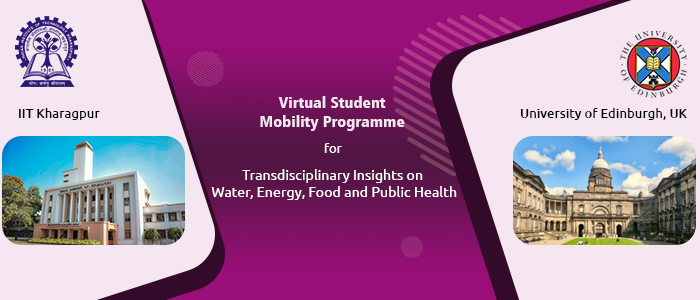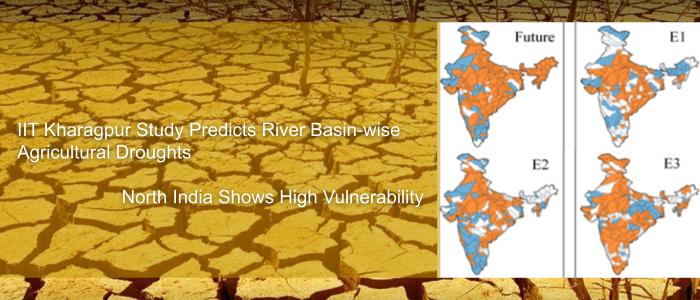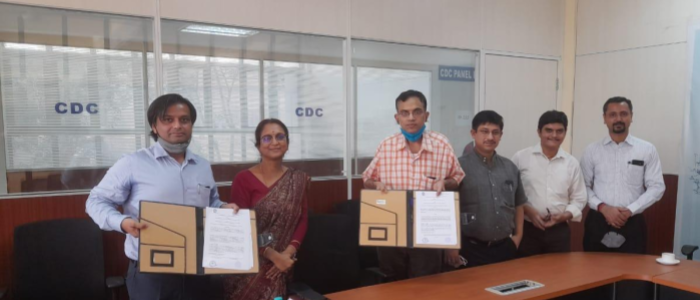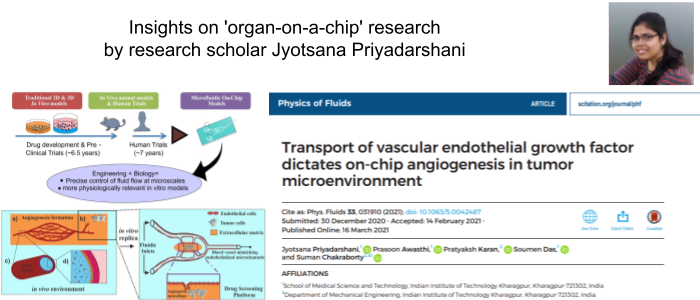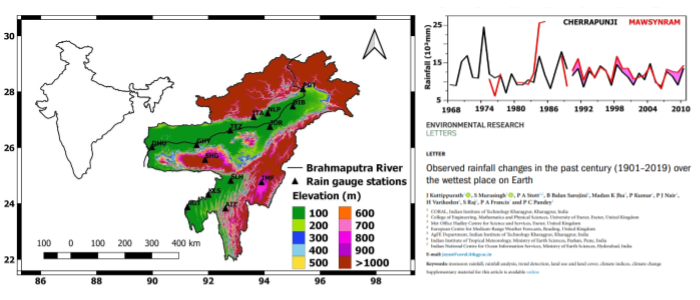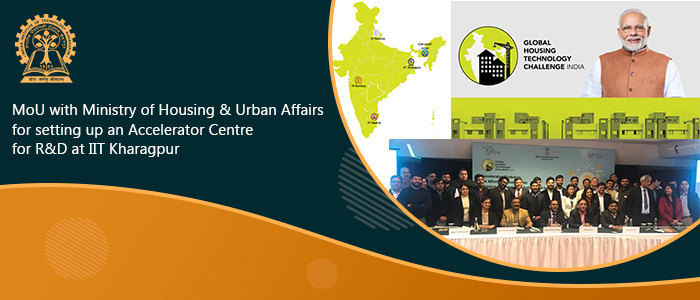
MoU with Ministry of Housing & Urban Affairs for setting up an Accelerator Centre for R&D at IIT Kharagpur
Highlights: The MoU will identify the proven, innovative, emerging set up of Accelerator Centre for Research & Development at IIT Kharagpur. April 22, 2021, Kharagpur, India, IIT Kharagpur and the Ministry of Housing & Urban Affairs (MoHUA) have signed an MoU to set up an Accelerator Centre for Research & Development at the Institute. Under this MoU will provide innovation & incubation assistance to carry out activities like technology & product development. The Affordable Sustainable Housing Accelerators-India (ASHA-India) initiatives under Global Housing Technology Challenge-India (GHTC-India) is one of its kind innovations. “This collaboration is aimed to support potential future technologies…

